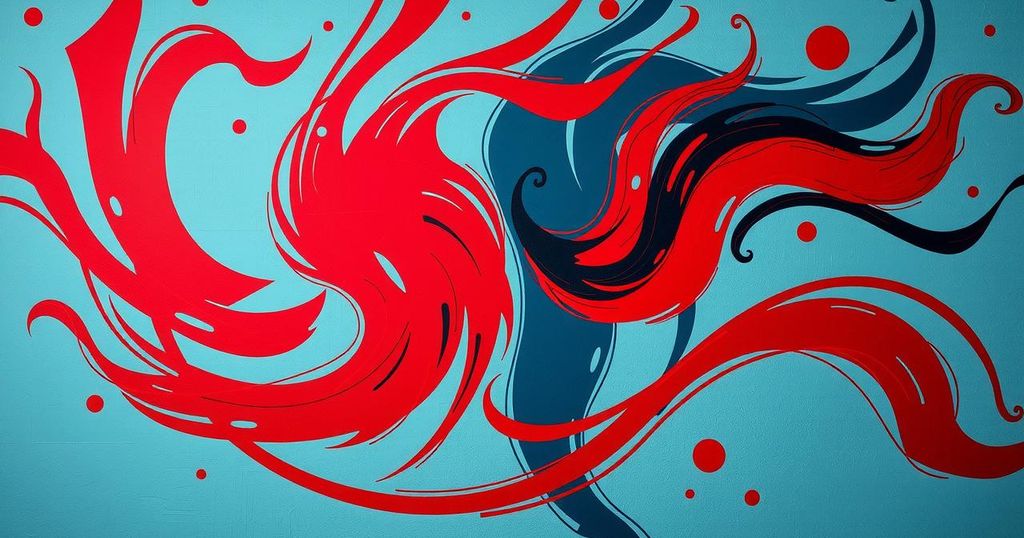Mozambique’s March 5, 2025, “Day of Dialogue” resulted in violent protests led by opposition figure Venancio Mondlane, accusing the government of electoral fraud and police brutality. Despite attempts at reconciliation by President Daniel Chapo, tensions persist in the political landscape. Mondlane’s new party, ANAMALALA, faces challenges, yet it symbolizes potential change in Mozambican politics ahead of the 2029 elections.
On March 5, 2025, the government of Mozambique, under President Daniel Chapo, designated this date as a “Day of Dialogue” to address the post-election crisis through a consensus with all political factions in parliament. Contrary to Chapo’s expectations, the day was marred by violent protests against police brutality, reflecting underlying tensions in the nation.
The protests were organized by Venancio Mondlane, a former presidential candidate who was notably excluded from the dialogue. His call for a “peaceful walk” through impoverished areas of Maputo escalated into conflict, exacerbating his accusations against the ruling FRELIMO party of electoral fraud from the October 9, 2024 election.
Significantly, the police responded violently, using tear gas and live ammunition against demonstrators, resulting in injuries to at least 16 individuals, including children. Mondlane himself has since disappeared, raising concerns over his safety and the implications for the opposition movement. Dinis Tivane, Mondlane’s spokesperson, described these events as a brutal violation of citizen rights.
FRELIMO has maintained control of Mozambique since 1975, and under Daniel Chapo’s leadership, attempts at conciliatory rhetoric appear to have fallen short of substantive action. The political landscape is polarized, with Mondlane emerging as a prominent opposition figure, especially among vulnerable populations. His past affiliations with RENAMO and the creation of his coalition, CAD, were met with obstacles, culminating in his independent candidacy in the last election.
Following the alleged government manipulation of opposition party PODEMOS, Mondlane announced the formation of a new political entity, the “National Alliance for an Autonomous and Free Mozambique” (ANAMALALA). However, establishing this party faces significant challenges, particularly regulatory hurdles and financial demands from notaries, complicating the process of gathering necessary support signatures.
Political analyst Sismo Eduardo Muchaiabande posits that Mondlane’s new party could pose a challenge to FRELIMO in future elections, reflecting a shift in public sentiment toward established political options. This potential for change may only fully unfold in the 2029 general elections, indicating a critical period ahead for the Mozambican political realm.
The events of March 5, 2025, reveal a complex political landscape in Mozambique where dialogue and confrontation coalesce amidst unrest. President Daniel Chapo’s conciliatory efforts contrast sharply with violent protests led by Venancio Mondlane, highlighting widespread discontent and calls for reform. As Mondlane embarks on creating a new political party, the country’s political dynamics may shift, depending on public support and electoral viability leading up to 2029.
Original Source: www.dw.com




